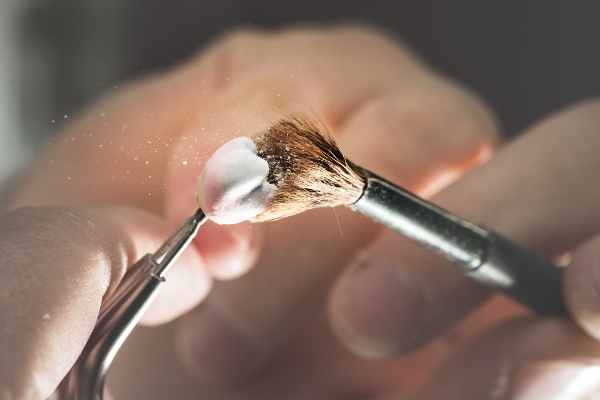When is Oral Surgery Recommended?

The idea of undergoing oral surgery might make you nervous, even if you have not had any negative experiences. An experienced and friendly dentist is handling your case will be able to help put you at ease. You might need to undergo oral surgery for different reasons, such as if you need treatment for a defect, injury or other condition affecting the oral cavity and its surrounding structures. The dentist will recommend oral surgery in any of the following cases; continue reading to know when a dentist might recommend oral surgery.
The need for oral surgery
Tooth extraction
Removing a tooth is not always as simple as prying it out of its socket. If a tooth is impacted, meaning trapped in the gum and unable to erupt because there is no space to accommodate it, the dentist will recommend oral surgery.
This condition mostly affects the last molars, otherwise called the wisdom teeth. Another situation that might require surgical tooth extraction is if a tooth is broken close to the gumline. The process often requires cutting into the gums and jawbone to reach the affected tooth.
Placement of dental implants
A dental implant is a titanium post that replaces the root of a lost tooth and supports a replacement tooth. The implant is inserted into the jawbone and is given some time to heal and integrate with the jawbone. The general dentist will attach a porcelain crown to the implant after osseointegration.
Bone grafts
Before placing dental implants, the dentist will check if there is enough bone mass to hold them. Some patients have lost bone mass due to injury, trauma, infection or prolonged tooth loss. The dentist can use bone grafts to augment the bone’s volume and density. This will not only make the patient eligible for implants but also restore the facial structure.
Sinus lifts
This involves different methods of thickening the bone of the upper jawbone (posterior maxilla). If the bone has thinned or never had enough thickness, it is impossible to place implants in the upper jaw without potentially penetrating the open area (sinus) above. Much like in bone graft techniques, the dentist can stimulate bone growth in the area to make it thicker.
Repair of jaw disorders
Jaw disorders may include congenital deformities, bone infections, trauma due to an accident or issues with the temporomandibular joints (or TMJ). The procedure is done to restore normal jaw function and appearance and help patients live pain-free lives.
Gum surgery
If a patient has severe gum disease and regular scaling and cleaning treatments are not enough to solve the problem, the dentist may recommend a gum surgery procedure. This usually involves making incisions into the gum tissue to reach the roots and deep areas of the bone and may require grafting bone and soft tissues.
In conclusion
If the dentist has recommended oral surgery, they will guide you through the entire process and provide instructions for you to follow. It is usually necessary to treat an oral condition, stop an infection and improve the smile’s appearance. Book an appointment with the general dentist to learn more.
Request an appointment here: https://www.carolinasmilesdentist.com or call Carolina Smiles Family Dental at (828) 974-3326 for an appointment in our Brevard office.
Check out what others are saying about our services on Yelp: Read our Yelp reviews.
Recent Posts
Invisalign® clear aligner trays are not just for adults; teenagers and some children can also benefit from this treatment system. Many teens prefer Invisalign® over traditional braces because of the numerous advantages it offers, including:Discreet treatment appliancesMore comfort throughout the entire processRemovable trays for improved oral hygieneWhile wearing these trays is easy and relatively effortless,…
Proper care of a dental crown is essential for maintaining its appearance, function, and longevity. A dental crown restores damaged or weakened teeth, providing durability and protection to the underlying tooth structure. Although crowns are designed to withstand chewing forces, taking specific precautions ensures their long-term success and helps maintain oral health.A dental crown acts…
If you and your child are interested in an alternative to traditional braces, Invisalign® may be just what you are looking for. It is just as effective at straightening teeth as traditional braces but has certain qualities that make it more tolerable for teenagers.It is usually preferable to wait to delay teeth straightening treatment until…
Invisalign® for teens can offer adolescents a more comfortable and more discreet option for straightening their teeth. For years, braces were one of the only options for effectively treating a crooked smile. Even though Invisalign® has been providing an alternative for decades, some people may not be familiar with who it is for and how…


